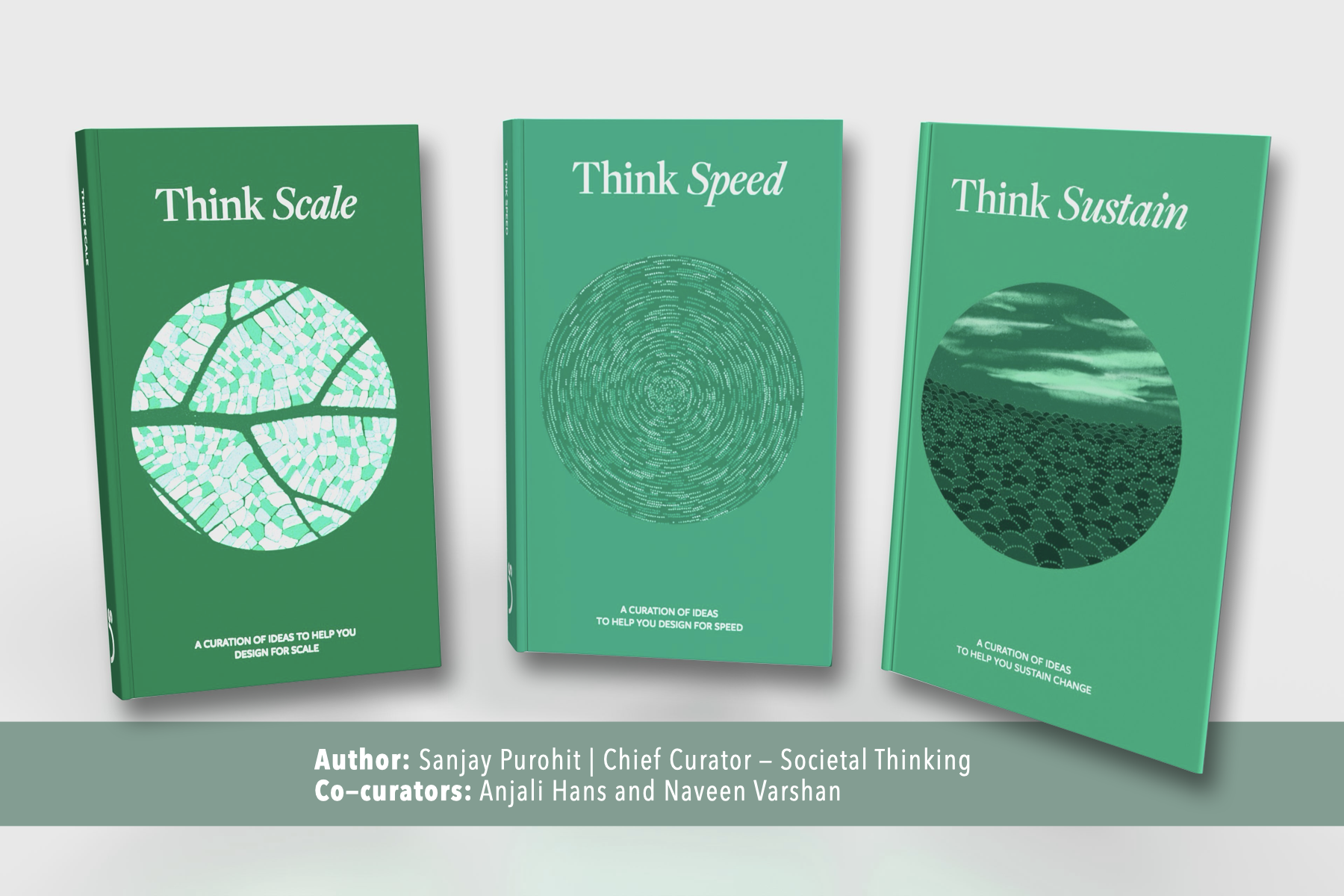Free bus rides can unlock an “economic revolution” for women, said the Chief Minister of the Indian State of Tamil Nadu. In India, state after state has been announcing free rides in public buses for women, hoping that unlocking mobility will lead to economic empowerment for women – the lower the barriers to them accessing public spaces, the more they will participate in the economy – kickstarting a virtuous cycle of positive change. In the national capital Delhi alone, more than 1billion rides have been used by women since the launch of the scheme in 2019. Prima facie, it looks like the idea of free bus rides is great for women.
But, there is a flip side to this story – the loss of dignity. In Tamil Nadu, many women have reported how fellow male passengers and even bus staff look down on them because they are travelling free. In Punjab, a friend bore the brunt of this anger, when the bus driver, irked by the free riders, drove the bus while she was disembarking and fractured her hand. In Bangalore, a horde of women banging on the door of an empty bus requesting to be let in while the driver rides away, is a common sight at bus stops near garment factories with a large women workforce. Did the policy that was meant to bring more access to women lead to more marginalisation?
“Free travel does not mean we have to lose our dignity in the process of availing a free ticket”.
Anonymous.
India’s low female labour force participation has been a matter of concern and policies like free public transport are launched to improve women’s access to work. But, in the short term, the unintended consequences of cost-effective public transport being taken away or made demeaning harms the many women for whom this was the way to get to “work”.
When maternity benefits for women increased from 12 weeks to 26 weeks in India, it was hailed as a progressive step towards inclusive workplaces and logically it seemed right as most women tend to drop out of career at childbirth. But fast forward to today, studies show us that there has been a sharp fall in employment and income levels among women in the high-fertility bracket (women aged between 20-30). This is not just in India, many countries have reported that longer legislated maternity leaves are related to reduced wages and lower access to higher level positions and other career advancements. Another well intentioned policy that can hurt women’s careers.
So, what is the way out of this Law of unintended Consequences? American sociologist Robert K. Merton in his paper on The Unanticipated Consequences of Purposive Social Action, identified five causes of unintended consequences – error, basic values, short-term vs long-term interests, ignorance, and the self-defeating prophecy.
In the case of free bus rides and longer maternity leave, I can see all these causes at play. While the State gave free rides to women, it continued to put pressure on the bus drivers to keep up the revenue numbers, and neither did the State increase the fleet to account for the increase in traffic. As a result, the drivers and male passengers fought their inconvenience or stress with disdain towards women “free riders”.
A woman going to work creates an imbalance in a well-defined family / cultural system – it changes the definition of who should do the “unpaid care” work, who should take care of household chores, who should listen and who should speak and it changes the dynamics of who controls and who is being controlled. Any small change in one aspect can create an imbalance in the system and that means that the system will find ways to push back with all its might.
I have more questions than answers, but maybe that is a good place to start:
In our work, how do we learn to consider the interconnectedness of different systems and how an action in one area can have ripple effects throughout the broader system?
How do we design feedback loops that help us in predicting and managing unintended consequences? How do we find ways to see, sense and make sense of the impact of policies to identify unintended consequences when they arise?
How do we make it a norm to identify and involve all relevant stakeholders who might be affected by a policy or an action?
We co-travel with many change leaders who are trying to figure out what it takes to solve problems at scale, with speed, sustainably and how do we do so ensuring agency, dignity and choice for all. In a complex, mutating system, how can they anticipate the negative and positive consequences too?
 Back
Back


